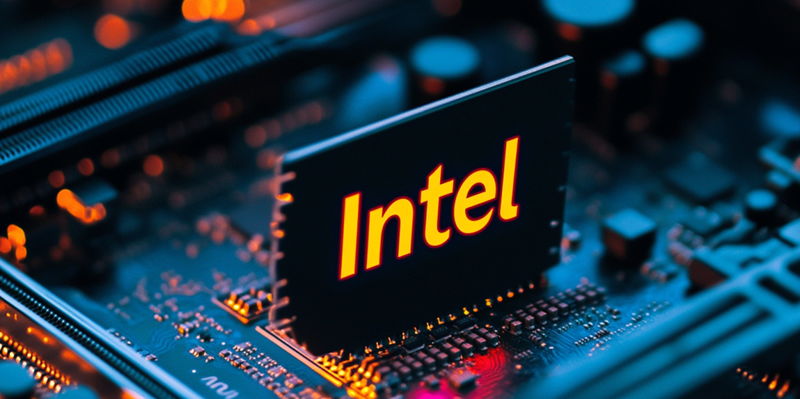In 2024, the tech world witnessed the emergence of AI PCs, particularly in the form of laptops, marking the beginning of what many anticipate as a new era in computing. Spearheading this transformation, Intel has introduced a free software tool named AI Playground, aiming to acquaint users with various AI-driven utilities in anticipation of a future dominated by artificial intelligence. Central to its functionality, AI Playground necessitates a neural processing unit (NPU) and is compatible with Intel’s latest CPUs equipped with AI hardware, including the Meteor Lake (Intel Core Ultra 100) and Lunar Lake (Intel Core Ultra 200V) series, as well as PCs featuring an Arc GPU with at least 8GB of memory. Contrary to the high barriers of entry typically associated with advanced AI tools, Intel’s Playground provides a simplified and accessible platform for users to experiment with AI functionalities, ensuring data privacy by keeping operations local.
Bridging the Gap Between Users and Artificial Intelligence
The advent of Intel’s AI Playground represents a significant leap toward making artificial intelligence more approachable for everyday users, bringing sophisticated AI tools within the grasp of even those with minimal technical backgrounds. Among its core offerings, AI Playground’s text-to-image generation, digital image upscaling and stylizing, chatbot interactions, and access to various large language models (LLMs) stand out as key features. Recently updated to version 1.21b, the software now includes advanced themes, the ability to save chat conversations, a more diverse selection of LLMs via the new "LLM picker," adjustable font sizes, and an aspect ratio tool for customizing image pixels. These enhancements collectively make a robust case for the software’s utility, blending cutting-edge AI capabilities with user-friendly design.
Arguably, what sets Intel’s AI Playground apart is its emphasis on localized operations, ensuring user data privacy unlike many cloud-dependent counterparts. For instance, tools like Midjourney on Discord require a more complex setup and often depend on cloud-based processing, raising potential privacy issues. By keeping AI processing confined to the local machine, Intel mitigates these concerns while still delivering powerful AI functionalities. This approach minimizes the complexity typically associated with advanced AI and provides users with a practical entry point to explore the domain risk-free, without the need for subscriptions or continuous internet connectivity. Through this initiative, Intel is not merely keeping pace with technological trends but is proactively shaping the future landscape of personal computing where AI is seamlessly integrated into daily tech usage.
The Future of AI in Personal Computing
Intel’s AI Playground heralds a trend toward deeper AI integration in personal computing, aiming to revolutionize how we interact with technology daily. The available tools, such as generating images from text prompts, upscaling and styling digital images, and chatbot interactions, highlight AI’s potential in enhancing creativity and practicality. The use of multiple LLMs makes the software more versatile, accommodating diverse and nuanced interactions. These features represent a shift toward more intuitive, intelligent, and interactive computing.
Although some express skepticism about AI PCs’ tangible benefits compared to traditional PCs, Intel’s initiative showcases the practical, everyday uses of AI, transforming it from an abstract concept into a valuable tool. The debate often misses the incremental yet significant user experience improvements, offering smarter, more responsive, and personalized interactions. As AI Playground matures, it will likely incorporate even more innovative features, establishing a future where AI is integral to technology.
In summary, Intel’s AI Playground isn’t just a tool but a visionary step toward enhanced personal technology interactions. By making AI accessible and engaging, Intel positions itself as a leader in the next wave of tech innovation. The fusion of advanced AI tools with a focus on usability and privacy marks a promising path for personal computing, making it more sophisticated yet user-friendly, transforming experiences in groundbreaking ways.

